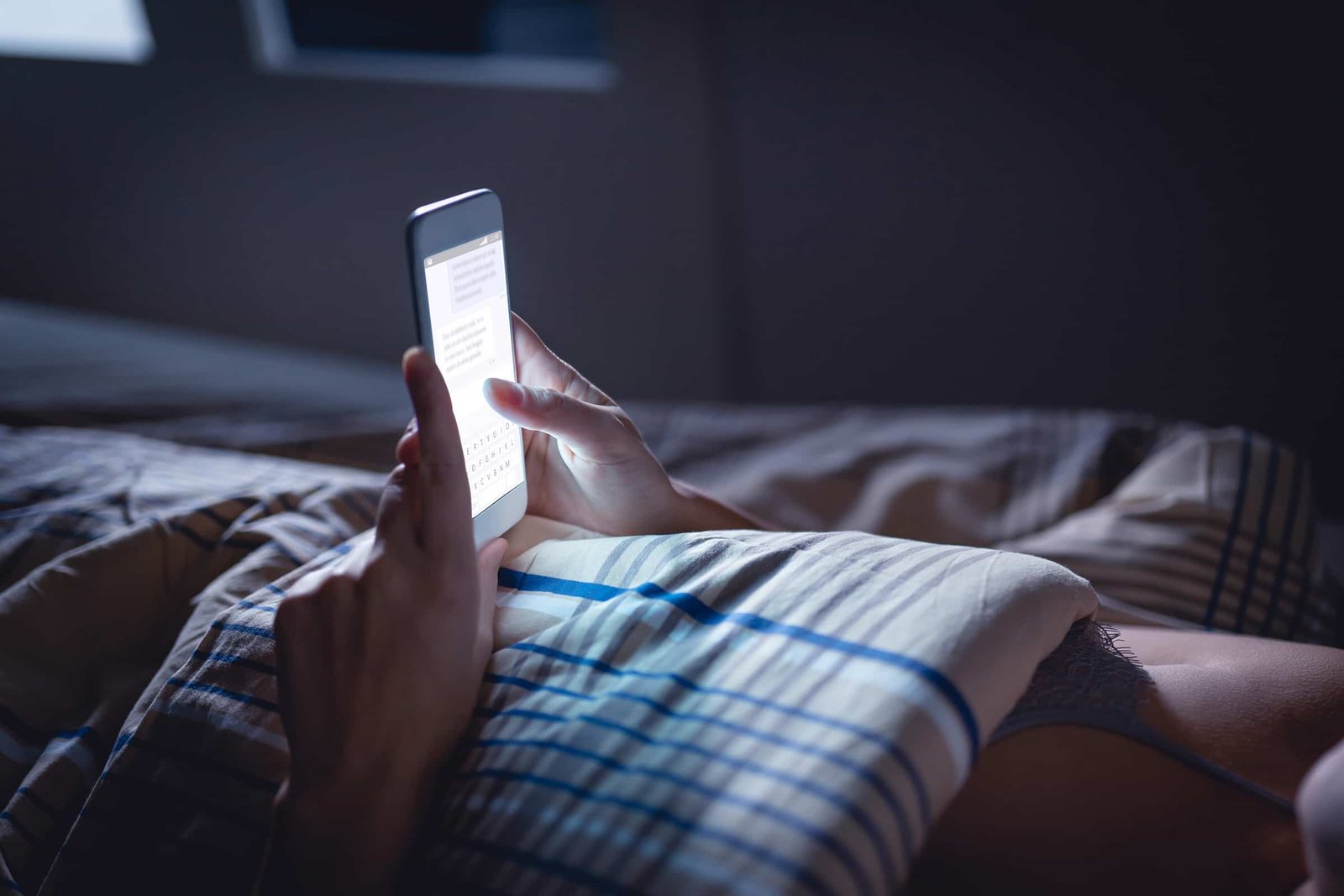When it comes to getting a good night’s sleep, there are many things to consider.
Making sure you have the best mattress for comfort and support, creating a consistent sleep schedule and putting away electronic devices before bedtime are all key practices of good sleep habits. One factor that is often overlooked is blue light.
Blue light is emitted from electronic devices such as phones, tablets, laptops, computer monitors TV’s, game consoles and lightbulbs.
Light from both natural and artificial sources can affect our circadian rhythm which determines when we should be awake or asleep.
This high-energy visible light with its short wavelength passes through the eye to the retina with ease.
Exposure to blue light during the day boosts mood, attention span, and reaction times but at night it can cause disruption in your sleep pattern leaving you feeling alert rather than relaxed resulting in less quality and quantity of sleep.
To reduce your exposure to blue light at night minimize usage of screens one hour prior to sleeping, dim the brightness on your devices or switch to night mode.
Additionally wearing blue light blocking glasses or downloading an app that filters out this type of light will help make falling asleep easier as well as changing out LED or fluorescent bulbs from your main lights and lamps for smart bulbs that conserve energy while reducing blue light exposure.
Article updated 1 week ago. Content is written and modified by multiple authors.



